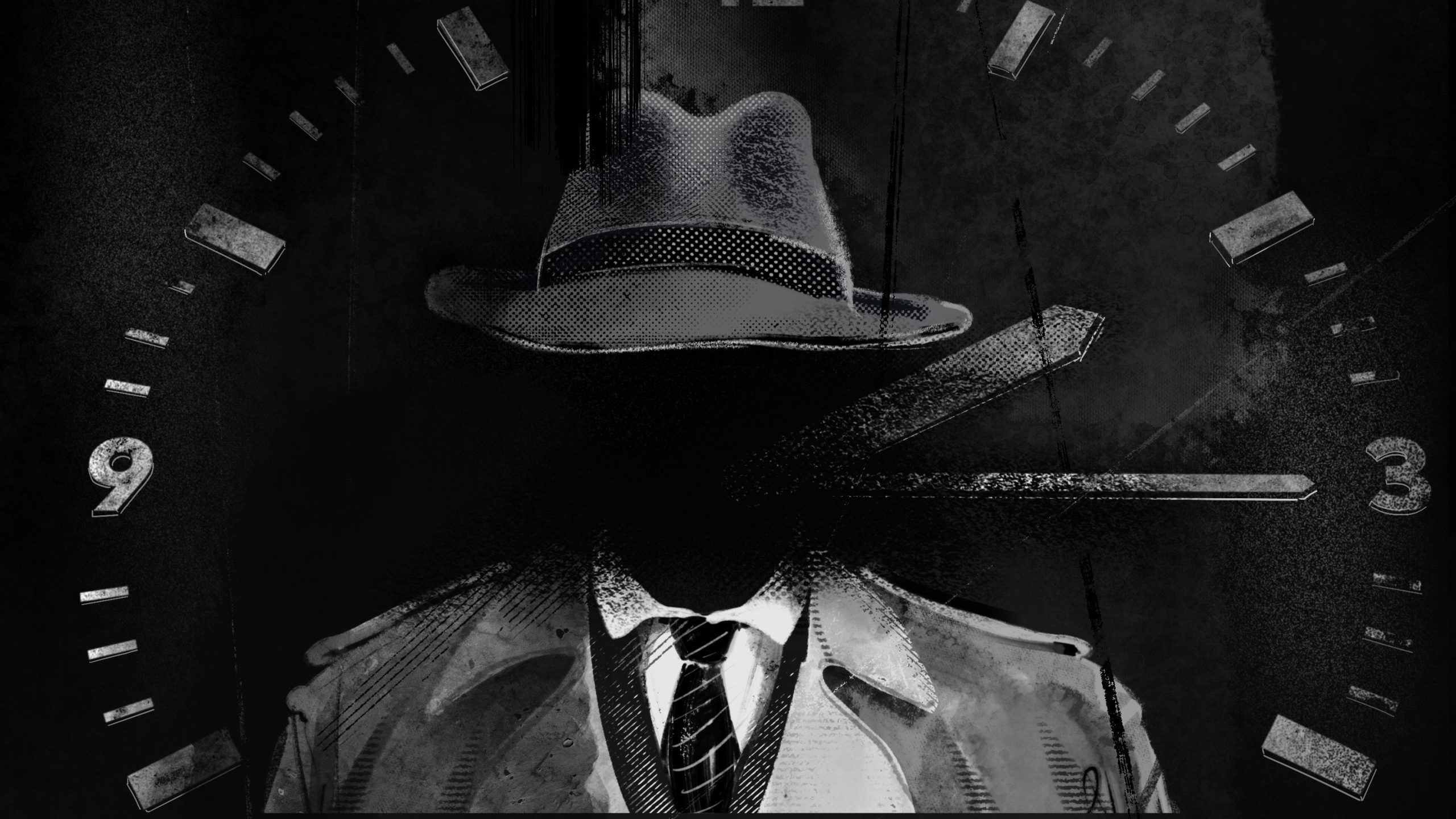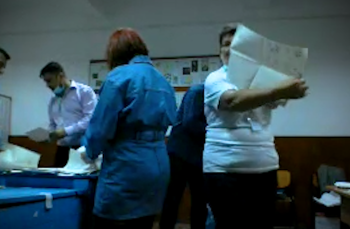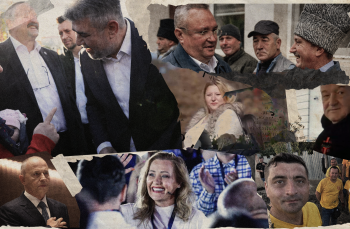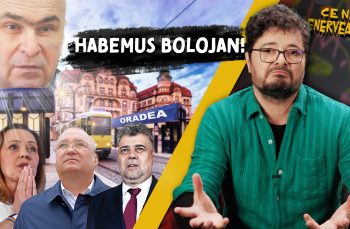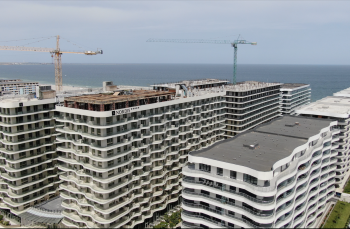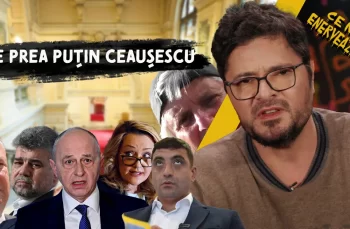The Controller in the Shadows
Imagine that a policeman is told, out of the blue, that he’s not allowed to work any more. The only information he gets is: security clearance denied. He has no right to find out why his career’s over or what he’s done wrong, so he can’t defend himself. He asks trade unions and a solicitor for advice. They tell him he has to suck it up: “You can’t take them on. They’re much too powerful!”
This isn’t taken from a film script, and it isn’t even just a one-off reality. It’s behaviour typical of the state’s most important institutions and a show of strength that says: we can do whatever we want and we don’t have to answer to anyone. Because they’ve tailor-made laws for themselves that give them the right.
In recent years, Romania’s secret services have sought to extend their influence and communicate less and less with the public and the institutions that should keep tabs on them. In the absence of effective oversight mechanisms, the growing power of these authorities is inevitably leading to abuses, and the pretext of “national security” serves as the perfect cover for them. There’s also the fear stoked by the prevailing atmosphere: “It’s too dangerous to take them on!”
Our investigation was sparked by a man who wasn’t afraid to speak out. With his help, we pierced a hole in this hermetically sealed underworld and convinced others that they shouldn’t keep quiet. Through seven months of research during which countless people asked us “Are you brave enough to take them on?”, we figured out how one of Romania’s six secret services uses its power brutally. We’re talking about the DGPI, the secret service of the Ministry of Home Affairs, nicknamed Two Fifteen.
Its modus operandi sheds light on one of the biggest problems faced by Romanian society: the lack of scrutiny of our secret services.
After our investigation “The Controller in the Shadows” was published, the Internal Protection Directorate-General exercised its right to reply. Its reply and Recorder’s response to it can be read here.
The English version of this article and the English subtitles of the video are available thanks to Peter Shortall.
